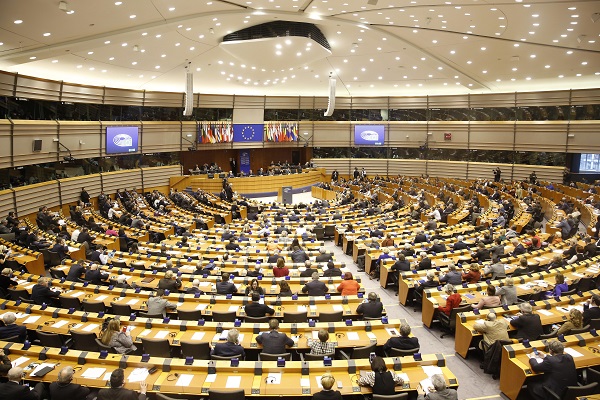European Parliament bans geo-blocking
Published : 07 Feb 2018, 07:36
The European Parliament on Tuesday adopted a regulation to end geo-blocking, obliging retailers to give people access to goods and services on the same terms all over the EU, regardless of where they are connecting from.
Geo-blocking refers to any restriction imposed by online shops based on nationality, place of residence or place of connection.
Common practice includes a trader website not accepting a means of payment (for example credit cards) from a different EU country, or a consumer not being able to register on the website because of where he or she lives, or from where he or she is connecting from.
Such practice is rampant across the European Union. A study by the European Commission, which analysed thousands of websites all over the EU, discovered that in only 37 percent of cases people were able to complete a purchase from another EU country and buy the goods that they wanted.
The European Parliament, the Council and the Commission reached a political agreement to end unjustified geoblocking in November 2017. Tuesday's plenary vote in the European Parliament will be followed by an adoption in a Council meeting in the coming weeks.
A regulation will enter into force nine months after the day of publication in the EU's Official Journal, which is planned for March 2018.
European Commission welcomed the move from the European Parliament, with a joint statement from a Vice-President and two Commissioners saying "From Christmas 2018, people will not have to worry about a website blocking or re-routing them just because they -- or their credit card -- come from a different country. Wherever they are in the EU, they will be able to access goods and services online."
Certain products such as copyrighted materials are for the moment excluded from the regulation.


